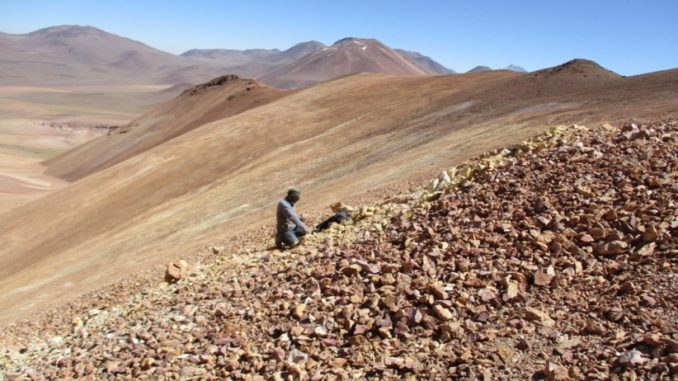
SANTIAGO – Chile’s environmental regulator said on Thursday it sanctioned Barrick’s Pascua-Lama gold project with final closure and set a fine on the grounds that there were serious breaches.
The Superintendency of the Environment (SMA) established several sanctions for 24 infractions, equivalent to US$11.5 million.
“With respect to the sanctions, five of the breaches (two of which also produced irreparable environmental damage) deserve the sanction of total and definitive closure,” said the SMA.
Pascua-Lama, located in the Andes Mountains between Chile and Argentina, is paralyzed by environmental breaches, which after years led the mining company to freeze the project amid rising costs and questions from its shareholders.
Among the faults that led to the closure, the SMA indicated the involvement of various species of native flora and fauna, the incomplete monitoring of glaciers and the discharge of acid waters to the Estrecho River without complying with the water quality standards.
“This sanction takes into account the importance of the damage caused, as well as the criticality, extent, and duration of the generated effect,” he said.
For his part, Barrick said he is analyzing the applied sanction and will give more details in due course, although he offered a preliminary review of the resolution.
“The SMA has not revoked the Pascua-Lama environmental permit (RCA), but has ordered the closure of existing facilities on the Chilean side of the project, in addition to certain monitoring activities,” the company said.
Barrick noted that the revision includes a reduction of the original administrative fine imposed by the SMA in 2013, from approximately US$16 million to US$11.5 million.
For years, Pascua-Lama has had strong opposition from environmentalists and neighboring communities of the Andes, who denounce that the initiative has caused serious damage to the environment.
The firm added that the closure of existing surface facilities in Chile is consistent with its plan to advance pre-feasibility for an underground operation “that would address a number of community concerns by reducing the environmental impact.”



